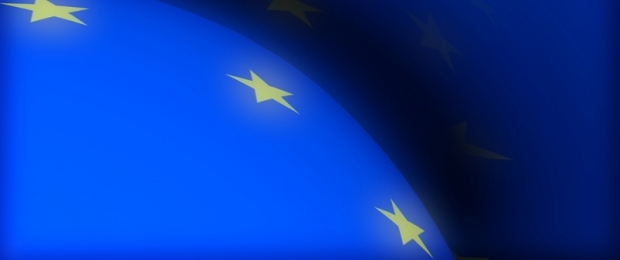
Global challenges will drive European reform
When the first CER bulletin was published, almost a decade ago, the emphasis was firmly on the word ‘reform’. The EU had fulfilled its original purpose. Western Europe was an area of security, peace and, in the main, prosperity. Western Europe was comfortable and free, offering an attractive model to the newly democratic states of southern Europe.
But the context that had given birth to the EU had changed. The comforting rigidities of the Cold War had gone. Having escaped communism, the Central and East Europeans were hurrying to join the European mainstream. The liberalisation of global markets and the economic rise of Asia left Europe struggling to identify its sustainable comparative advantage. European societies were moving beyond the post-war era of corporatism, and deference to consensus-minded politicians. By the mid-1990s it was clear that Europe needed reform and renewal if it was to thrive in this new environment.
This is now the 50th CER bulletin, and much has already changed. The EU has gone a long way towards completing its internal market, although services markets remain fragmented and protectionist reflexes persist in some capitals. The euro has been a success, at least in terms of stability and the quality of technical monetary management. But the single currency did not spur the development of creative economic policies that would allow Europe to match the dynamism of the US or China. The Lisbon agenda for economic reform has raised awareness of what needs to be done to make Europe more competitive. But too few member-states have translated its grand rhetoric into action. The EU’s enlargement to the east has underpinned the modernisation of the new eastern members. However, enlargement has also brought to the fore the question of how to manage, and maintain forward momentum for a Union of 25. The constitutional treaty would have made the enlarged EU more manageable. But it was put to the vote at a time when many Europeans were less deferential, and a new EU treaty seemed irrelevant to their concerns.
The balance of successes and failures over the last decade shows that the ‘reform’ required is not simply a matter of reworking or revising existing treaties, agreements and mechanisms. We need to recognise and celebrate the progress of the last half century. But then Europe needs to regain its relevance.
The process has to begin from the understanding that the EU’s agenda is now largely driven by events and developments taking place well beyond its borders. Today’s challenges include the worsening situation in the Middle East and the accompanying threats of terrorism and ethnic conflict; America’s diminishing appetite for engagement in the world, in the face of military setbacks and political hostility; the re-emergence of Russia as an international power; the development of a global economy in which the Pacific is as important as the Atlantic; the rapid expansion of global markets in talent and knowledge; and the growing weight of evidence that human activity could disrupt the subtle balance of the world’s climate.
Many are sceptical that Europe’s leaders and institutions are capable of responding to these challenges. However, the EU’s under-performance over the last two decades may be due to much of its energy and resources being focused on the old agenda, rather than its inherent lack of ability. Under the pressure of necessity performance tends to improve.
Others doubt that Europeans can overcome the vested national interests which manifest themselves in the distortions of the EU’s budget or the obstacles to market liberalisation. However, the balancing of interests is a fundamental part of any political process. And the most interesting feature of the new agenda is that the fundamental long-term interests of all EU members are aligning. Global warming, terrorism, and the need for education and innovation are issues on which Europeans of every nationality can unite. They are also issues on which the limits of national action are evident. As the agenda changes, existing gridlocks over old issues can be resolved. The EU may yet recover its ability to act.
Our biggest challenge is to redesign the architecture of the EU, the product of half a century of extensions and additions. A complete overhaul of the EU’s treaties appears unattainable for the foreseeable future. Change will be piecemeal and often frustratingly slow. But Europe’s politics and its institutions are adapting and will continue to do so. Innovations and improvements are being driven not by some elaborate vision of where the EU should be heading, but by the need to respond effectively to new external challenges. The process of engagement with Iran, an unfinished example of Europe’s potential role in the world, sits outside the formal EU system. The closest links with Russia are being fostered by German and British business – not by Brussels. The agenda on education is being driven by public debate, and by academic and other institutions outside government.
These are signs of hope as well as a reminder that Europe is more than the EU. The old European structures will adapt in due course. Politics tends to catch up with reality. By responding effectively to new challenges, Europe will regain the relevance and popular support for the cause of union and common action.
Reform, then, is still the key word. For the CER, building on the success of its first decade, the objective is to lead the debate – identifying the issues and offering potential practical responses. The Europe of 2020 will be very diff e rent from today. We have both the opportunity and the responsibility to help shape that future.
Nick Butler is Group Vice President, Strategy for BP p.l.c. He co-founded the CER and chairs its advisory board.
